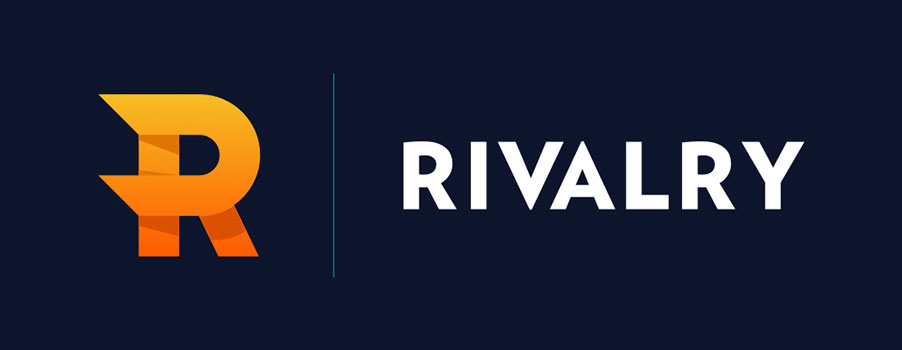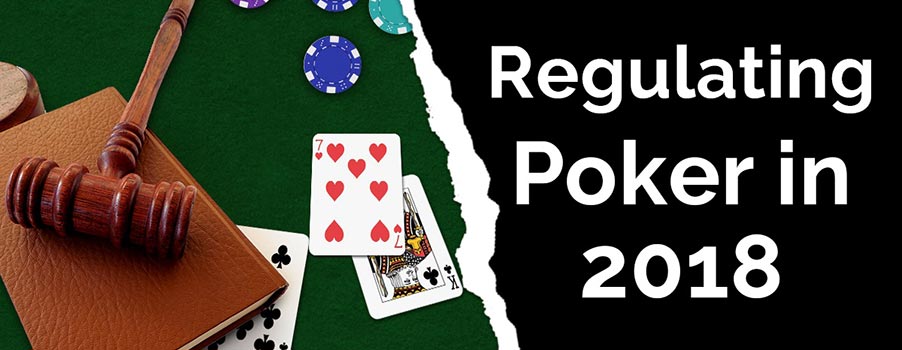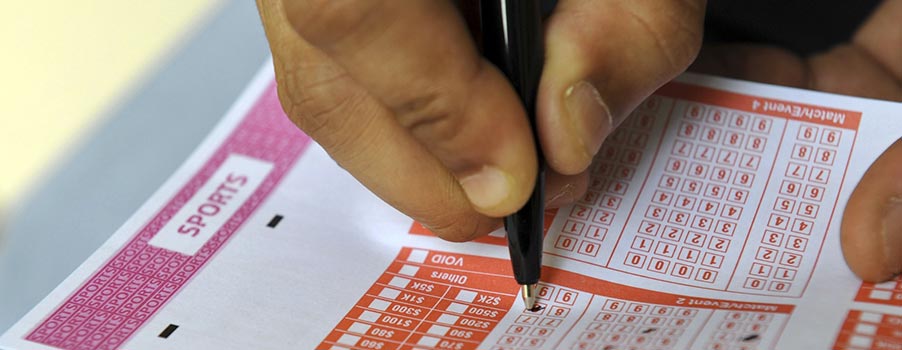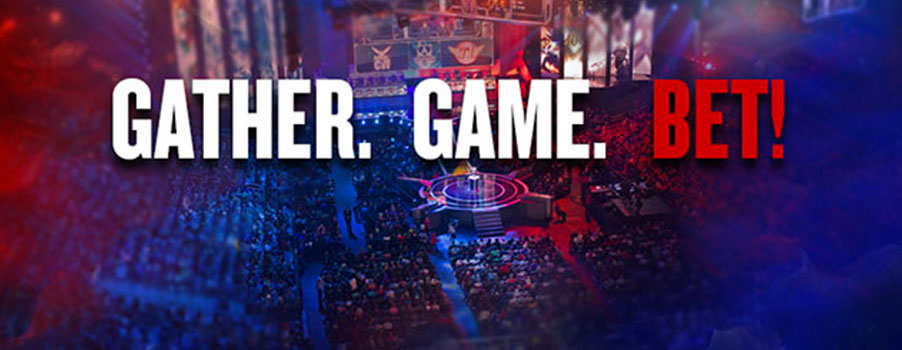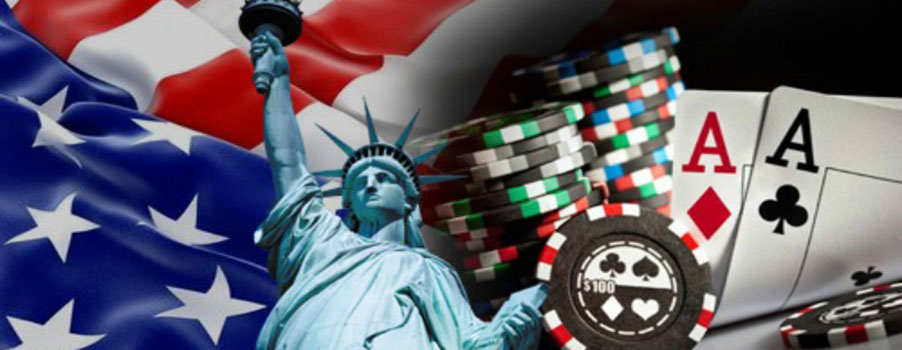Great news for regulated online poker in the United States! Players from the states of New Jersey, Delaware and Nevada will soon be able to compete against each other as from May 1 according to Associated Press. Recent rumors pertaining to liquidity sharing between the three states was confirmed with the first implementations involving renowned poker operators 888Poker and WSOP NJ.
“This has been a huge collaborative effort from all involved and it is important to thank the elected leadership and regulatory authorities in Delaware, Nevada, and New Jersey for their dedication and diligence to help move online poker forward,” said WSOP’s head of online poker Bill Rini. “Everyone has had the end user in mind throughout this process, and as a result, we believe the United States, for the first time in a regulated environment, will have a large-scale multi-state offering that will propel the industry forward as soon as next month.”
A deal between New Jersey and Nevada was announced last year and hence it is long overdue but the timing could not be better since it still is, by all means, a historic arrangement for the two most popular regulated casino gambling markets in the United States. Furthermore, it presents a big boost for the Nevada and Delaware casino markets – the two states’ population are rather small, that is, Delaware has under one million while Nevada has three million. The inclusion of the New Jersey will certainly improve the statistics of all three state’s online poker industries.
The report further mentioned that online poker players in Nevada and Delaware will, however, be required to download new software and set up new accounts if they want to play against players from New Jersey. This means that existing Nevada and Delaware online poker software will become obsolete once the liquidity sharing process begins.
More States Could Join
Pennsylvania is the fourth state to legalize regulated online poker and it is now awaiting online poker applications which means that online poker in the Keystone State could be a reality by the end of 2018. Hopefully, Pennsylvania could join the other three states in the concerted effort to grow and nurture multi-state online poker which will create a market of nearly 26 million people. On the same note, a number of other states including New York and Connecticut are considering legalizing regulated online poker this year and they too could join in and expand the player pool further.


